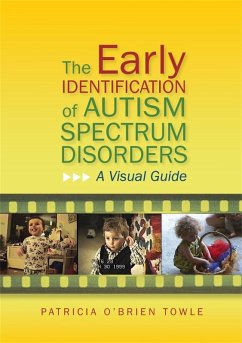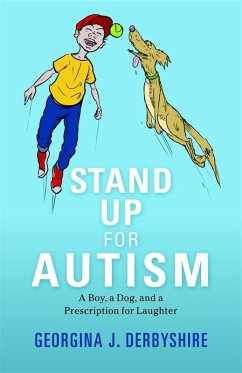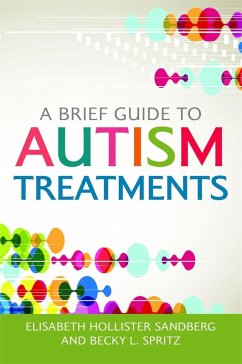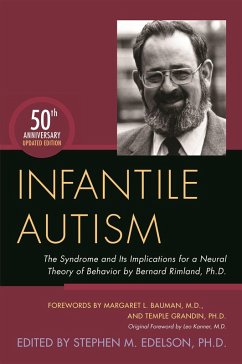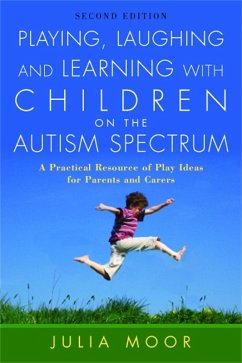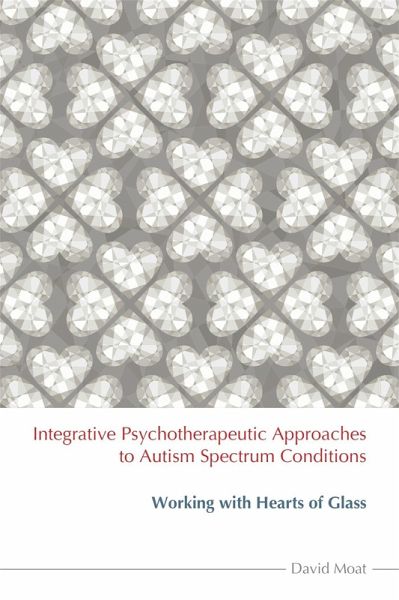
Integrative Psychotherapeutic Approaches to Autism Spectrum Conditions (eBook, ePUB)
Working with Hearts of Glass
Versandkostenfrei!
Sofort per Download lieferbar
23,95 €
inkl. MwSt.
Weitere Ausgaben:

PAYBACK Punkte
12 °P sammeln!
People on the autism spectrum often present with symptoms indicating poor self-awareness or hyper-awareness, low self-esteem, depression and difficulty connecting with others. Treatment which relies on medical and behavioural views of autism risks ignoring emotional factors. This book demonstrates that counselling and emotional support is not only possible for people on the autism spectrum, but essential.David Moat describes the impact of autism on emotional perception and regulation, and looks at how various therapeutic principles can helpfully be applied to address these issues. He identifie...
People on the autism spectrum often present with symptoms indicating poor self-awareness or hyper-awareness, low self-esteem, depression and difficulty connecting with others. Treatment which relies on medical and behavioural views of autism risks ignoring emotional factors. This book demonstrates that counselling and emotional support is not only possible for people on the autism spectrum, but essential.
David Moat describes the impact of autism on emotional perception and regulation, and looks at how various therapeutic principles can helpfully be applied to address these issues. He identifies strategies for dealing with common emotional difficulties, including anxiety, anger and depression, as well as techniques for aiding relaxation. Specific approaches to use as part of holistic care are described, including play therapy, the use of imagery and story-making, hypnotherapy, intensive interaction, Neuro-Linguistic Programming, Cognitive Behavioural Therapy and positive psychology.
This is essential reading for all those working therapeutically with people on the autism spectrum, including counsellors, therapists and psychologists, as well as parents.
David Moat describes the impact of autism on emotional perception and regulation, and looks at how various therapeutic principles can helpfully be applied to address these issues. He identifies strategies for dealing with common emotional difficulties, including anxiety, anger and depression, as well as techniques for aiding relaxation. Specific approaches to use as part of holistic care are described, including play therapy, the use of imagery and story-making, hypnotherapy, intensive interaction, Neuro-Linguistic Programming, Cognitive Behavioural Therapy and positive psychology.
This is essential reading for all those working therapeutically with people on the autism spectrum, including counsellors, therapists and psychologists, as well as parents.
Dieser Download kann aus rechtlichen Gründen nur mit Rechnungsadresse in A, D ausgeliefert werden.





